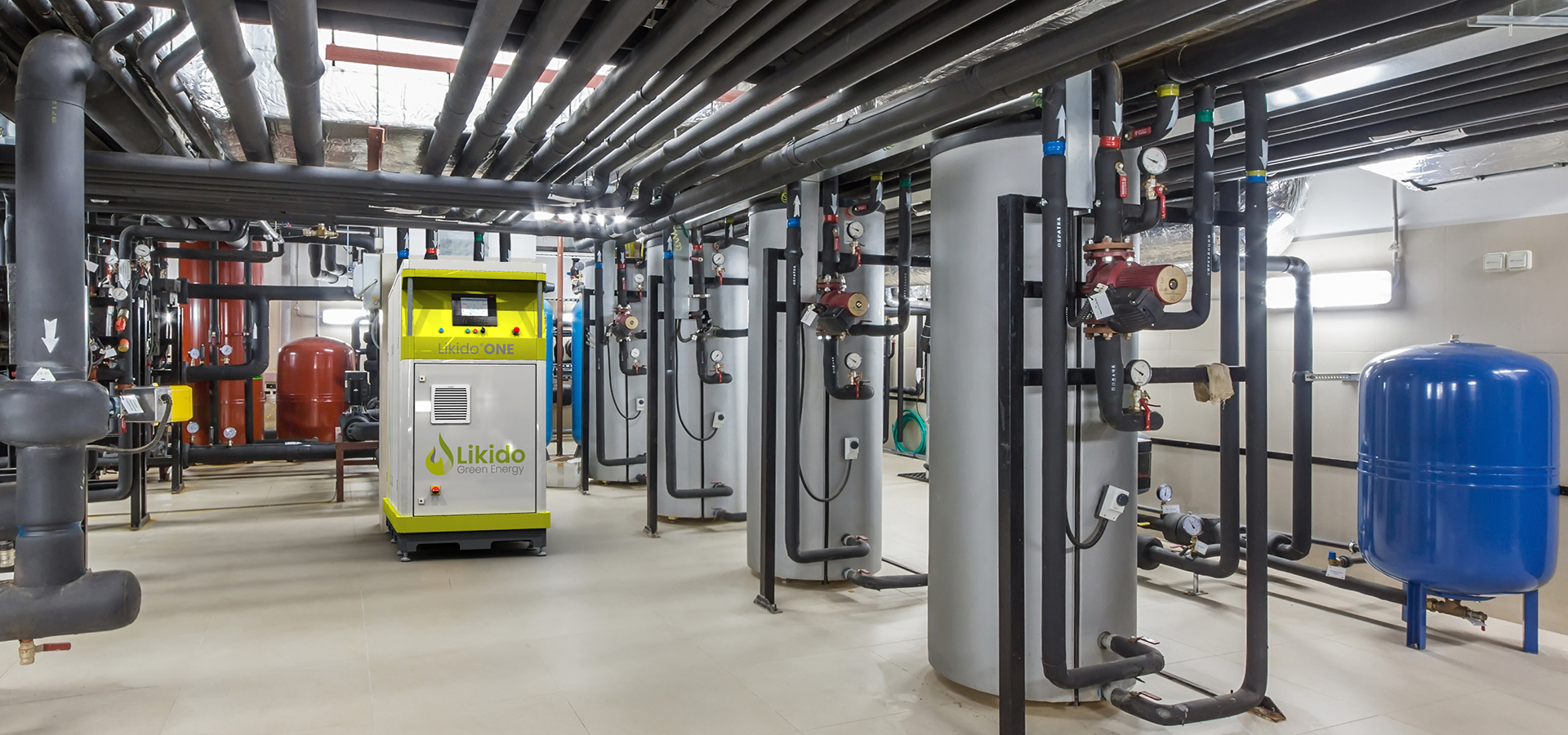
On March 31, 2022, President Biden announced the largest-ever oil release from the Strategic Petroleum Reserve to help alleviate gas prices. The administration’s decision came nearly a month after the United States and other member countries of the International Energy Agency arranged to release 60 million barrels of oil from emergency reserves.
Missing from Biden’s announcement was the mention of a federally-backed campaign to accelerate the production of energy efficient heat pumps like many had hoped. Hundreds of environmental groups, plus five Democratic senators, including Ed Markey and Elizabeth Warren of Massachusetts, Martin Heinrich of New Mexico, Cory Booker of New Jersey, and Jeff Merkley of Oregon, all wrote letters last month to the White House requesting the President invoke the Defense Production Act to get U.S. air conditioner factories to mass produce machines for export.
Their letter read, in part, “With guaranteed federal contracts and other financial incentives, U.S. manufacturers will have the support they need to ramp up their production of electric heat pumps and key components — creating thousands of jobs, boosting local economies, saving money for consumers, reducing unhealthy emissions, and destroying President Putin’s oil and gas-based business model.”
Heat pumps offer a remarkably high efficiency rate because instead of generating heat like a furnace, they use electricity to transfer heat from a warm fluid to a cold fluid. They can also be used for cooling purposes, as they are functionally identical to an air conditioner, but in the case of heat pumps, waste heat can be recovered.
Heat pumps are already playing a major role in Europe’s plans to cut fossil fuel use. Jan Rosenow, Principal and European Programme Director at the Regulatory Assistance Project, said, “the EU (electricity grid) could handle 50 million heat pumps thus reducing heating-related carbon emissions.” While the U.S. couldn’t possibly ship that many heat pumps (also known as “boilers”) to Europe in just a year’s time, it could certainly ramp up production.
The United States would also benefit from the mass production of heat pumps. About half of all homes in the U.S. are currently heated with gas-burning appliances. According to a study published in the April issue of Energy Technology, heat pumps could reduce carbon dioxide emissions up to 53 percent.
The President will rely on Congress to act swiftly to pass a bill that expedites American transition to clean energy. In a statement recently released by the White House, the President’s plan is said to, “save American families money in the immediate future – including $500 a year from using clean electricity like solar and heat pumps to power their homes.”
The opportunity to install highly-efficient heat pumps throughout Europe and North America will play a crucial role in boosting cleaner air and energy independence efforts not just immediately but also in the future.



